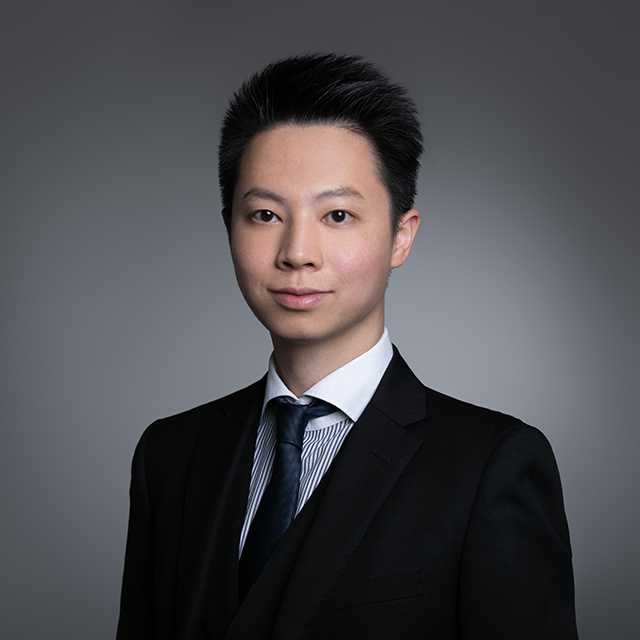Administrative & Constitutional Law — Court of Final Appeal finds differential hair-cutting requirement for male and female prisoners to violate Sex Discrimination Ordinance and Basic Law
Former Legislative Councillor Leung Kwok-hung, also known as “Long Hair”, won his appeal against the Court of Appeal’s judgment to uphold the Correctional Service Department’s differential hair-cutting requirement for male and female inmates, prescribed in Standing Order 41-05 issued by the Commissioner of Correctional Services.
Leung Kwok Hung also known as “Long Hair” v Commissioner of Correctional Services
| Reference: | [2020] HKCFA 37 |
| Court: | Court of Final Appeal |
| Before: | Chief Justice Ma, Mr Justice Ribeiro PJ, Mr Justice Fok PJ, Mr Justice Chan NPJ and Lord Collins of Mapesbury NPJ |
| Date of Judgment: | 27 November 2020 |
| Appearance: | Hectar Pun SC, leading Anson Wong Yu Yat, for the successful Appellant |
Background
This case arose from Mr. Leung’s imprisonment at the Lai Chi Kok Reception Centre after a criminal conviction. At the time, Mr. Leung’s long hair got cut pursuant to the order of the Correctional Services Department (“CSD“) order despite his objection.
Under Standing Order 41-05 (“SO 41-05“), the “hair of all male convicted prisoners will be kept cut sufficiently close … for the purposes of health and cleanliness”, whereas “a female prisoner’s hair shall not be cut shorter than the style on admission without her consent”.
In 2014, Mr. Leung filed his application for judicial review against the Commissioner of Correctional Services (“the Commissioner“) to challenge SO 41‑05, which application was allowed by the Court of First Instance. Subsequently, the Court of Appeal allowed the Commissioner’s appeal.
Court of Final Appeal’s Decision
In a unanimous judgment written by Chief Justice Ma, the Court of Final Appeal found that SO 41-05 constituted differential treatment on the basis of sex, contravening the Sex Discrimination Ordinance (Cap. 480) as well as the right to equality guaranteed by Article 25 of the Basic Law.
The Court rejected the Commissioner’s submission that SO 41-05 ensures custodial discipline which requires reasonable uniformity in appearance amongst prisoners, and that such uniformity is achieved through applying conventional standards of appearance in Hong Kong society to both genders in prison:
• First, there is no reasonable connection between ensuring custodial discipline and asserting conventional standards of hair length. Since the Commissioner could not show such connection, there is also no explanation as to why such differential treatment exists and why that is not less favourable treatment;
• Second, thee Commissioner failed to show that SO 41-05 reflects the conventional standards of appearance, nor provide any bases for suggesting that in Hong Kong society, the conventional hairstyle for men is short, whilst it may be long or short for women.
This case has garnered wide coverage in the press, including:
• (in English) SCMP, The Standard, and RTHK ;
• (in Chinese) Apple Daily and Ming Pao.
Hectar Pun SC, leading Anson Wong Yu Yat, acted for the successful Appellant.
 |
Hectar Pun SC
Recently, Hectar acted for the successful applicant in Chan Kung Shun and Others v. Commissioner of Police (19/11/2020, HCAL 2703/2019) [2020] HKCFI 2882, where the Court held that the failure of police officers to display unique identification markings during anti-extradition bill protest operations contravened the Hong Kong Bill of Rights. |
 |
Anson Wong Yu Yat
Recently, Anson acted as junior counsel in two applications before the Appeal Committee and successfully obtained leave to appeal to the Court of Final Appeal on both occasions: FAMV 152/2020 (heard on 12 November 2020, on insolvency matters) and FAMV 151/2020 (heard on 14 December 2020, on land law and equity). |
Disclaimer: This article does not constitute legal advice and seeks to set out the general principles of the law. Detailed advice should therefore be sought from a legal professional relating to the individual merits and facts of a particular case.